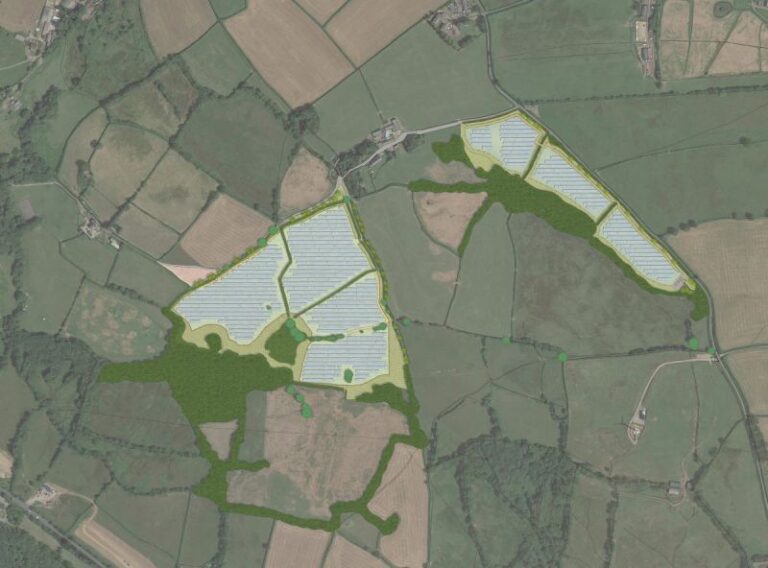The municipality of Rhonda Cynon Taf has granted Windel Energy a construction permit for a 9.9 MW solar project. The project will connect to the Talbot Green substation in Ynysmaerdy.
This is the developer’s second approval this year, “hopefully one of many to come.” In early May, Cumberland Council gave the green light to a joint development with Recurrent Energy for a 200MW/400MWh Battery Energy Storage System (BESS) on the outskirts of Carlisle.
Recurrent Energy recently received a multi-currency revolving credit facility worth up to €1.3 billion (£1.1 billion) to finance new solar projects in several countries, including the UK. This funding will initially support the development of up to 1 GW of solar capacity in Britain and Spain.
Recurrent and Windel work together across the UK under a development services agreement. Other projects include the Mallard Pass solar farm, which will generate approximately 350 MW of solar energy and is considered a Nationally Significant Infrastructure Project (NSIP).
After Clair Coutinho, Secretary of State for Energy Security and Net Zero, postponed the decision deadline for the project, the UK general election was announced, meaning the outcome was further delayed.
The 9.9 MW solar farm near Talbot Green has completed the Judicial Review period and the companies expect to connect the project in 2025. The detailed design of the connection is agreed with the DNO. Planning consultants, The Sirius Group, helped deliver the project through consent.
Harry Wilder, head of UK business development at Recurrent Energy, told Solar Power Portal: “Recurrent Energy is very excited to see the Talbot Green Solar PV project approved. This success is down to the hard work of the Recurrent UK team, our development partner Windel Energy and our planning consultants.
“At Recurrent we are committed to developing projects of all sizes in Britain, whether they are smaller projects such as Talbot Green on the distribution network or NSIPs such as Mallard Pass or Tilbridge, which connect to the transmission network. This strategy, in my opinion, is essential because there is no one-size-fits-all for solar projects; every situation is different, and the development of all types of projects will be crucial if we are to meet our climate targets and deliver affordable, secure energy in Britain.”


